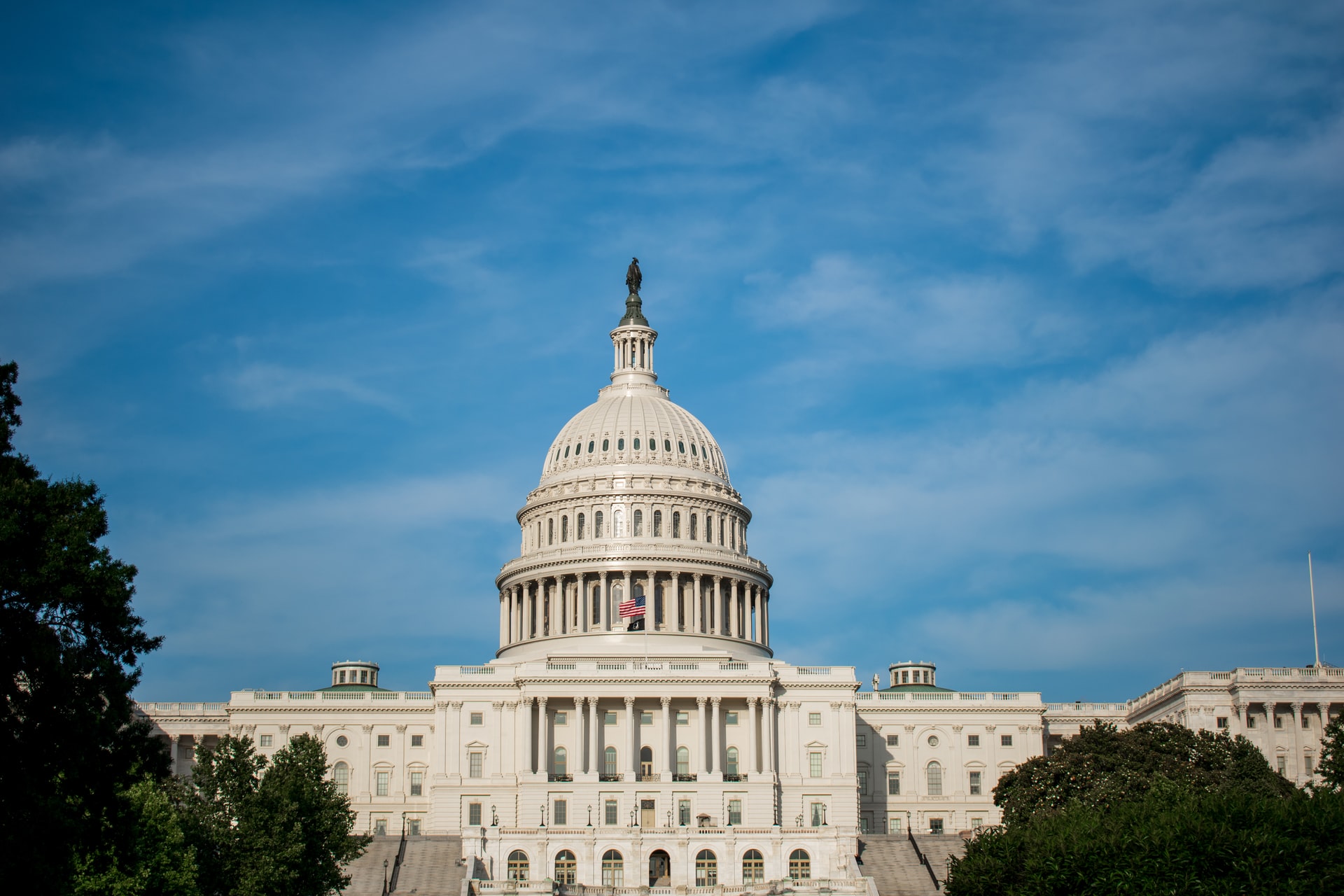Last Tuesday, house Democrats passed a $3.5 trillion plan that will include the previously proposed take hikes on wealthy Americans. The legislation will include higher tax rates on certain income brackets and capital gains, as well as increased spending to better equip the IRS.
Education, parental leave, childcare, healthcare and climate initiatives are all included in what would be a vast expansion of federal funded programs. Lawmakers in the senate passed the blueprint for the aforementioned budget in early August with language that includes “tax fairness for high-income individuals.”
What’s in the Budget Plan?
Those who have been evaluating Biden’s proposal over the last several months are confident the plan will include higher taxes on ordinary income for the wealthiest taxpayers as well as increased rates for capital gains tax and how these types of income are handled at death. It would also safeguard small businesses, farms, and families—with under $400,000 in regular annual income— from tax increases.
How Can this Pass Without a Single Republican Vote?
The process with which the Democrats are attempting to pass this legislation is called budget reconciliation and only requires a simple majority. Even still, the Democrats hold a narrow majority in both chambers which means the plan is still not guaranteed.
How will Capital Gains be Affected?
The boost in tax rates to long term capital gains has been part of the discussion since the proposal was made back in March. Biden proposed raising the top rate to 39.6% which is the same as the tax rate on ordinary income.
This rate would only apply to those making over $1 million a year which often coincides with taxpayers who receive large portions of their income from investments. Bill Hoagland, senior vice president at the Bipartisan Policy Center, stated,
“I’d expect some increase, bringing it closer to the individual rate. But not all the way to the individual rate at all.”
Luckily, we reported last week that the capital gains earned on Qualified Small Business Stock (QSBS) will still be considered eligible for up to a 100% exclusion from federal taxes. Investors who utilize the regulations in Section 1202 to invest in Qualified Small Businesses can exclude $10 million or 10X their adjusted basis, whichever is greater, upon a profitable sale or exit.
Learn more about the benefits and requirements of QSBS from the experts.
This article does not constitute legal or tax advice. Please consult with your legal or tax advisor with respect to your particular circumstance.

